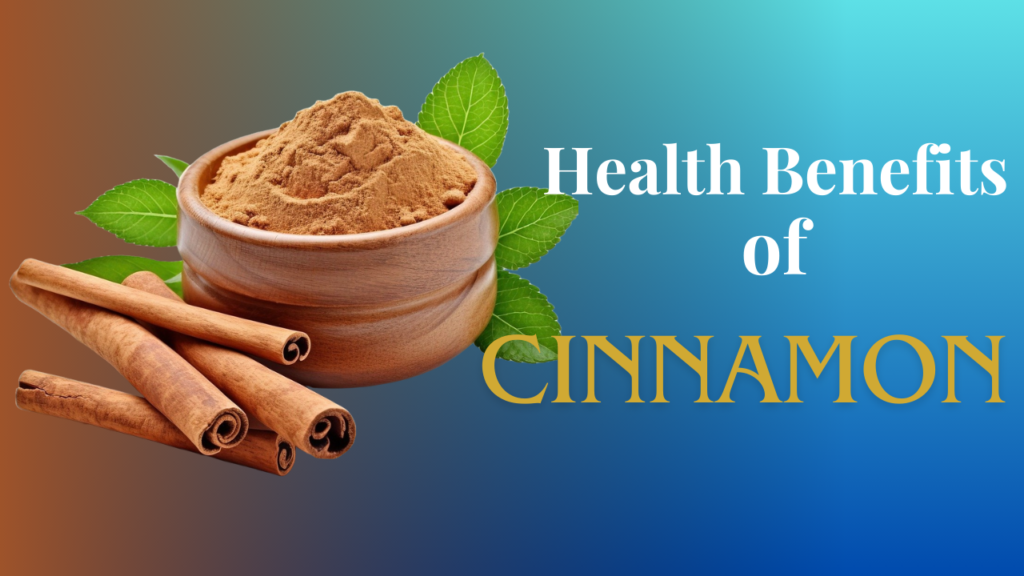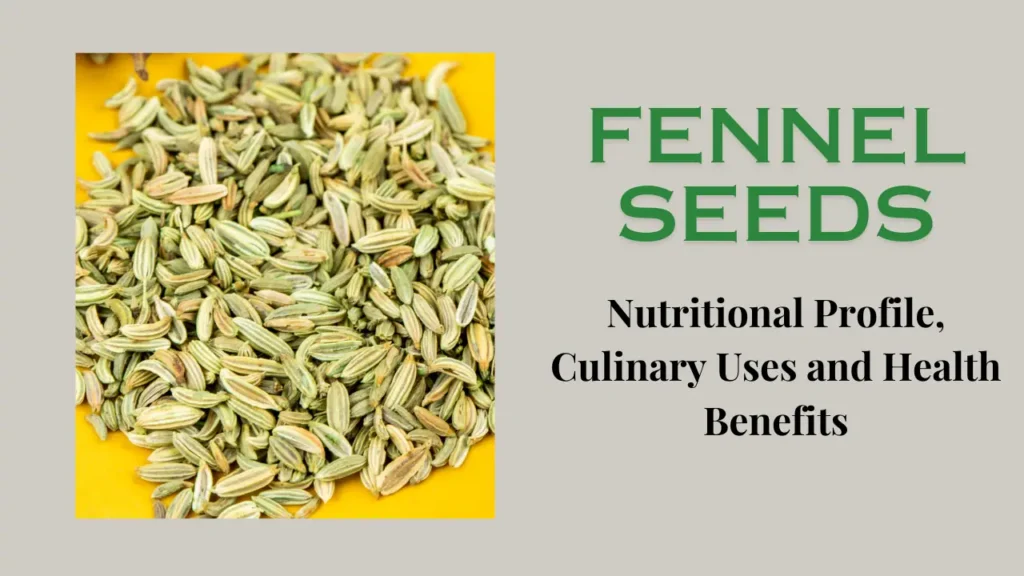
Origins and Cultural Significance
Nutritional Profile of Peppermint Tea
- Essential Oils: This tea contains menthol, menthone, and many other essential oils, giving it its distinctive taste and aroma.
- Antioxidants: Antioxidants like rosmarinic acid, flavonoids, and vitamin C are found in it. This tea helps deal with oxidative stress and inflammation in the body.
- Vitamins and Minerals: Peppermint tea provides several minerals such as potassium, calcium, and magnesium, as well as small amounts of vitamins A and C.
Health Benefits of Peppermint Tea
- Digestive Aid: Peppermint tea soothes digestive discomfort and promotes healthy digestion. The menthol present in it helps relax the muscles of the digestive system, reducing the symptoms of indigestion, bloating, and gas.
- Relief from nausea: A cup of mint tea provides mild relief when you have motion sickness, morning sickness, or general nausea. Its calming effect on the stomach makes it an excellent natural remedy.
- Stress Reduction: The invigorating scent of peppermint has mood-enhancing properties, which help reduce stress, anxiety, and mental fatigue. A cup of tea relieves stress and promotes relaxation.
- Respiratory Support: Mint tea contains menthol which acts as a natural decongestant. It provides relief from nasal congestion, sinusitis, and respiratory congestion associated with colds and allergies.
- Improved Oral Health: The antimicrobial properties of this tea help deal with bacteria that cause bad breath and oral health problems. Mint tea freshens the breath and keeps the mouth healthy.
- Weight Management: Drinking calorie-free peppermint tea between meals helps curb cravings and promote satiety, which also aids weight management.

Incorporating Peppermint Tea into Your Routine
- Traditional brew: Steep a peppermint tea bag or a handful of fresh mint leaves in hot water for 5-10 minutes. If you wish, you can add honey or lemon to it for an additional taste.
- Iced Peppermint Tea: Chill mint tea in the refrigerator and use it as a refreshing summer drink.
- Peppermint Infused Water: Peppermint-infused water can be made by adding a few sprigs of fresh mint to a pitcher of water for a mild-tasting and hydrating drink.
- Peppermint Tea Latte: Mix brewed mint tea with steamed milk and a little cinnamon for caffeine-free coffee.
Conclusion
In Conclusion, With its refreshing taste and impressive health benefits, peppermint tea is a true gift of nature. Whether you have digestive issues, are looking for stress relief, or want to improve your overall health, this tea will provide relief. By including this tea in your daily routine, you can experience rejuvenating effects.
Remember, before starting any new wellness regimen, it’s always best to consult with a healthcare professional to ensure it is suitable for your specific needs and circumstances.
It is safe for most people to drink peppermint tea daily. However, there are a few things to keep in mind such as:
- Potential side effects: While uncommon, consuming large amounts of mint may cause heartburn or an allergic reaction. Apart from this, it can react with some medicines.
- Pre-existing conditions: If you have GERD, or kidney stones, or are pregnant, consult your doctor before consuming mint tea in large quantities.
The evidence that mint tea promotes sleep is still limited. However, due to its calming and relaxing properties, drinking it before sleeping provides relief. Enjoy a cup of hot tea in the evening, but do not add caffeine-rich ingredients like black tea to it.
Mint does not cure anxiety, but its calming aroma and potential anti-inflammatory effects help reduce anxiety symptoms. Studies are still ongoing, but some studies suggest that it may be helpful for some individuals.
Both mint and ginger tea are known for their stomach-soothing properties. Mint aids digestion and reduces nausea, while ginger helps with cramps and bloating. Choose the one that suits your symptoms.
Chamomile and peppermint are both helpful for inflammation. Chamomile relaxes muscles and reduces gas, while peppermint aids digestion and prevents gas formation. Use both and see which herb suits your health well.








